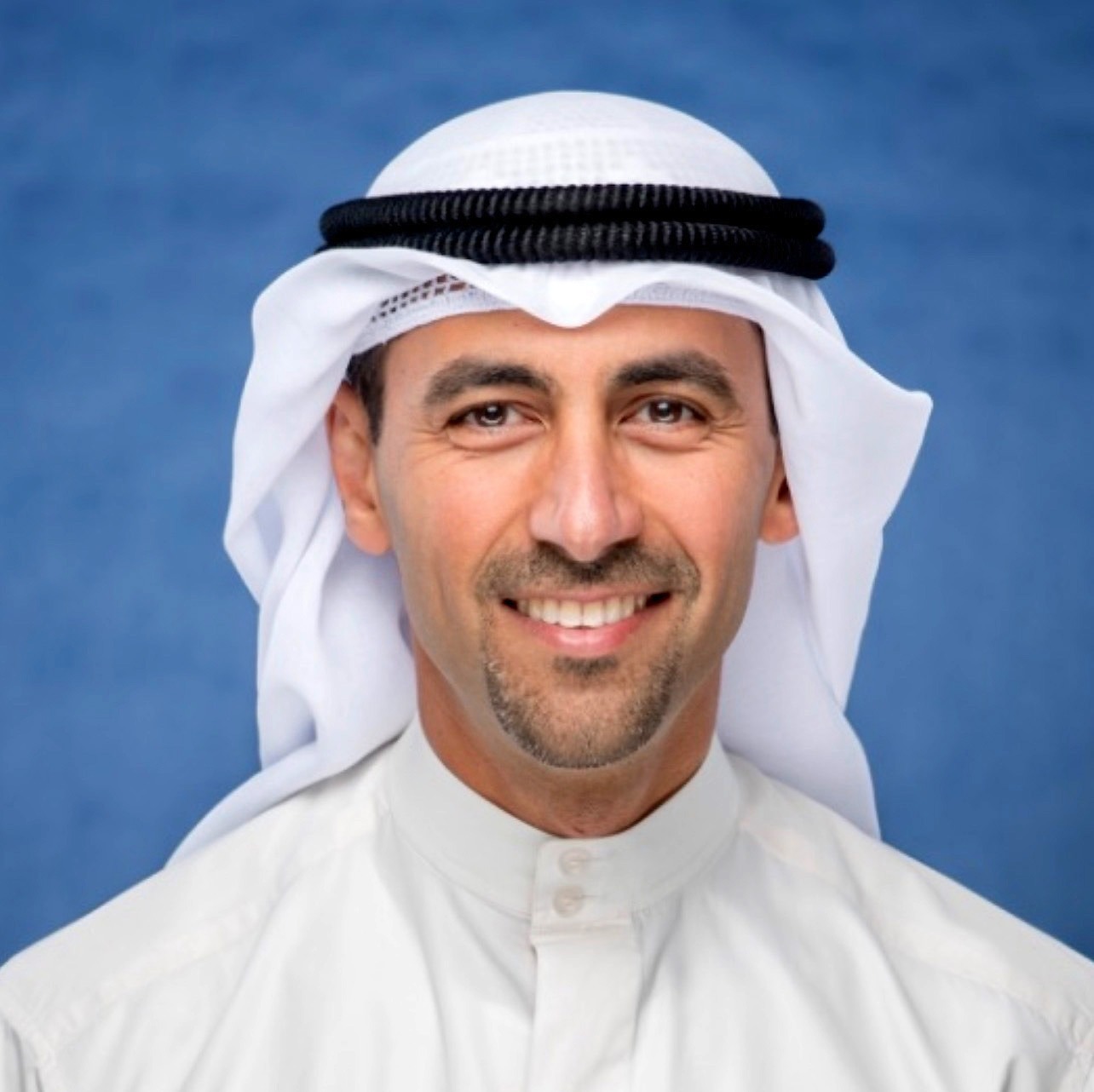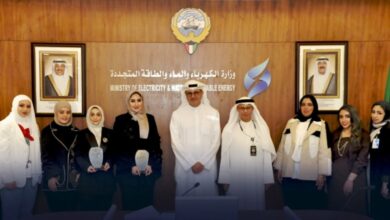KPC: Adapting and leading the transition to a low-carbon economy
Sheikh Nawaf S. Al-Sabah, Deputy Chairman and CEO, Kuwait Petroleum Corporation (KPC)

PUBLISHED IN COOPERATION WITH
Our plans to increase production capacity are for the long haul; achieving and surpassing our production targets is central to our long-term vision. – Deputy Chairman and CEO of Kuwait Petroleum Corporation (KPC), Sheikh Nawaf S. Al-Sabah
The Business Year (TBY) recently spoke with Deputy Chairman and CEO of Kuwait Petroleum Corporation (KPC), Sheikh Nawaf S. Al-Sabah, to learn more about the conglomerate behind production and distribution of Kuwait’s hydrocarbon assets, as well as its plans for the future, as the world slowly transitions towards renewable energy sources.
KPC is confident in its ability to not only meet, but also exceed its long-term production goals and solidify its position as a leader in the industry. How does KPC plan to navigate the transition to a low-carbon economy while ensuring the continued growth and profitability of the company?
We will not only adapt but also lead in the transition towards a low-carbon economy. We recognize the importance of investing in cleaner technologies to reduce our carbon footprint while ensuring sustainable growth and profitability.
Our strategy revolves around embracing renewables, enhancing energy efficiency, and implementing carbon capture, use, and storage (CCUS) initiatives. By setting ambitious targets to achieve net-zero carbon emissions for scopes 1 and 2 by 2050 and exploring opportunities in green hydrogen production, we are positioning ourselves as pioneers in the energy transition landscape, ensuring our long-term viability and contributing to a more sustainable future.
To what extent does Kuwait’s ongoing offshore drilling campaign hold significance?
Our ongoing offshore drilling campaign marks a significant milestone for us. It underscores our commitment to diversifying our hydrocarbon portfolio and unlocking new sources of energy. With offshore production expected to contribute a substantial portion of Kuwait’s hydrocarbons by 2040, this endeavor is pivotal in realizing our strategic goals outlined in our 2040 strategy.
The deployment of our first offshore oil rig signifies not only our readiness to explore new frontiers but also our dedication to meeting the evolving energy demands of the future.
The development of the Durra gas field, in particular, holds immense promise in bolstering our natural gas production and strengthening our position in the market by playing the lead role in fulfilling KPC’s objective of producing two billion standard cubic feet per day of natural gas by 2040, further highlighting the significance of offshore exploration.
How does KPC plan to regain and surpass production levels to achieve its long-term goals, while working in coordination with OPEC to ensure the stability of oil markets?
Our plans to increase production capacity are for the long haul; achieving and surpassing our production targets is central to our long-term vision. We are strategically ramping up our production capacity through extensive development and exploration programs, encompassing offshore and heavy oil production, as well as enhanced oil recovery projects.
Moreover, our focus on refining capacity expansion, including projects on existing refineries and unit upgrades, underscores our commitment to meeting growing demand while maintaining operational excellence.
How does KPC engage with its suppliers and contractors to ensure they align with the company’s environmental, social, and governance (ESG) values and standards?
Collaboration with our suppliers and contractors is integral to upholding our ESG principles. We maintain clear criteria and expectations to ensure alignment with our values across the value chain.
This includes a commitment to environmental sustainability, social responsibility, and adherence to governance principles. By fostering partnerships with like-minded entities who share our dedication to ESG principles, we are driving positive change within our industry and beyond, while ensuring the integrity of our operations and supply chain.
Are there any future plans or strategic initiatives that you can share regarding KPC? How do you envision the company’s growth and development in the coming years?
Looking ahead, our future plans are centered on maximizing integration across our operations, expanding our petrochemical production capacity, and exploring new energy ventures. We are committed to achieving our 2040 targets, including refining capacity expansion and significant growth in petrochemical production.
We aim to achieve our 2040 targets, such as reaching refining capacity of up to 1.6 million barrels per day and growing petrochemical production to 14.5 million metric tons per annum by 2040.
Furthermore, Initiatives such as entering the green hydrogen business and exploring monetization opportunities through subsidiary assets underscore our innovative approach to sustainable growth.
By balancing tradition with innovation and embracing emerging energy concepts, we’re poised for steady growth and development in the coming years, further solidifying our position as a key player in the global energy landscape.
BIO:
Sheikh Nawaf S. Al-Sabah was appointed Deputy Chairman & CEO of KPC in 2022. Prior to that, he was president & CEO of KPC Holdings (Aruba) AEC, the international downstream subsidiary of KPC. He was CEO of Kuwait Foreign Petroleum Exploration Company, the international upstream subsidiary of KPC, for almost nine years from 2013. Before that, he spent 14 years at KPC, the last eight of which as deputy managing director and general counsel of KPC. Shaikh Nawaf holds an AB degree magna cum laude from Princeton University’s School for public and international affairs and a doctor of laws degree cum laude from Harvard Law School.














